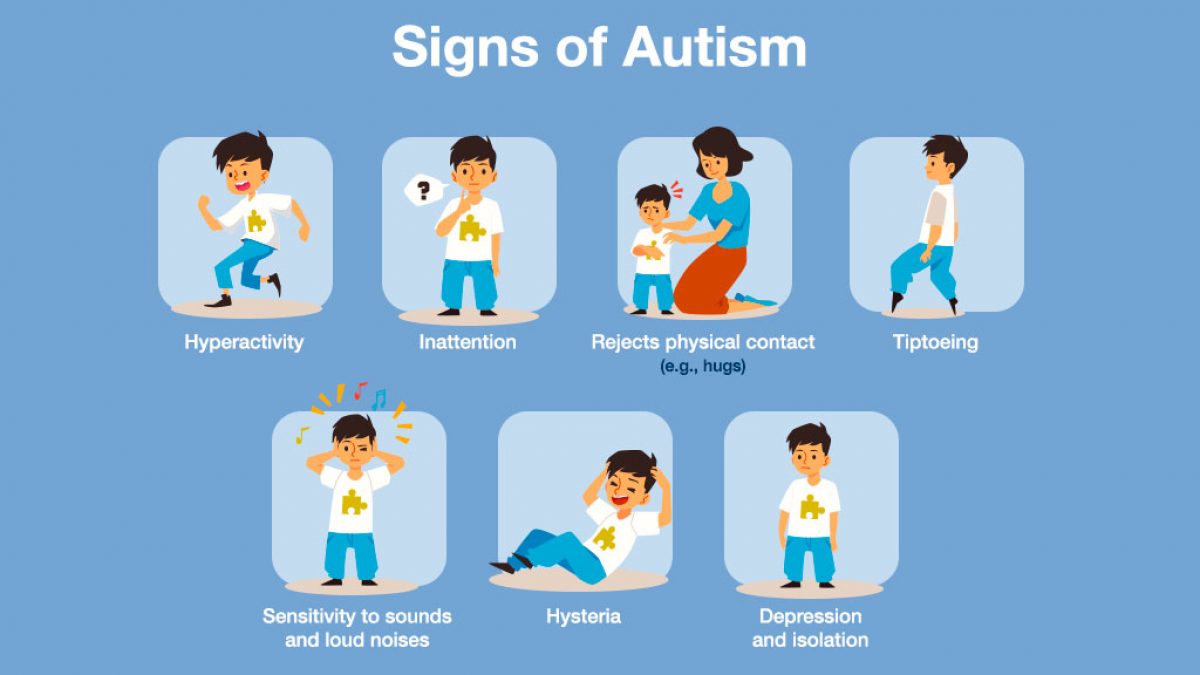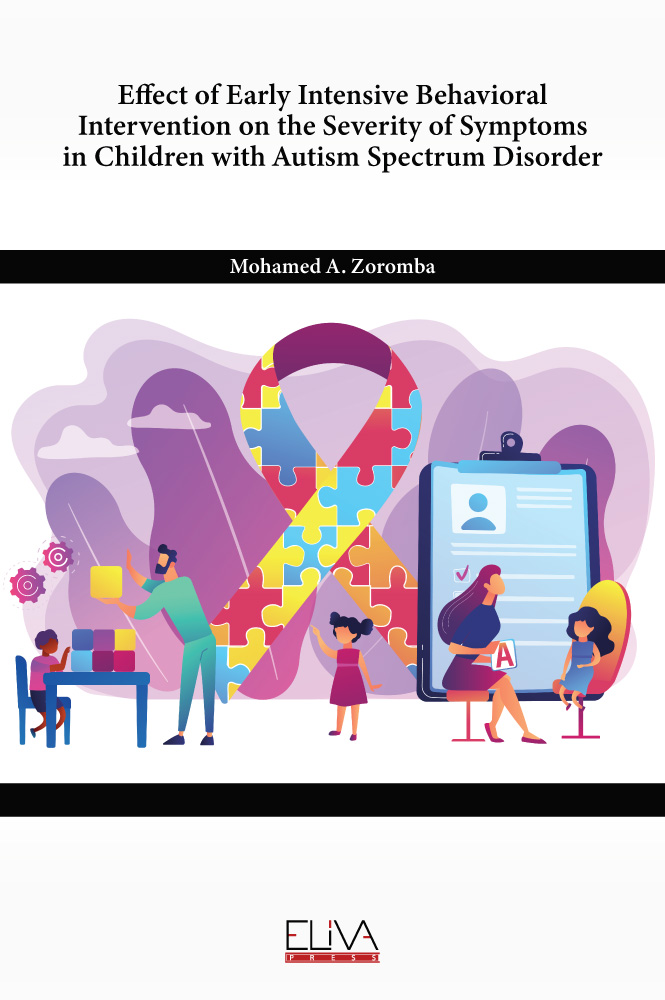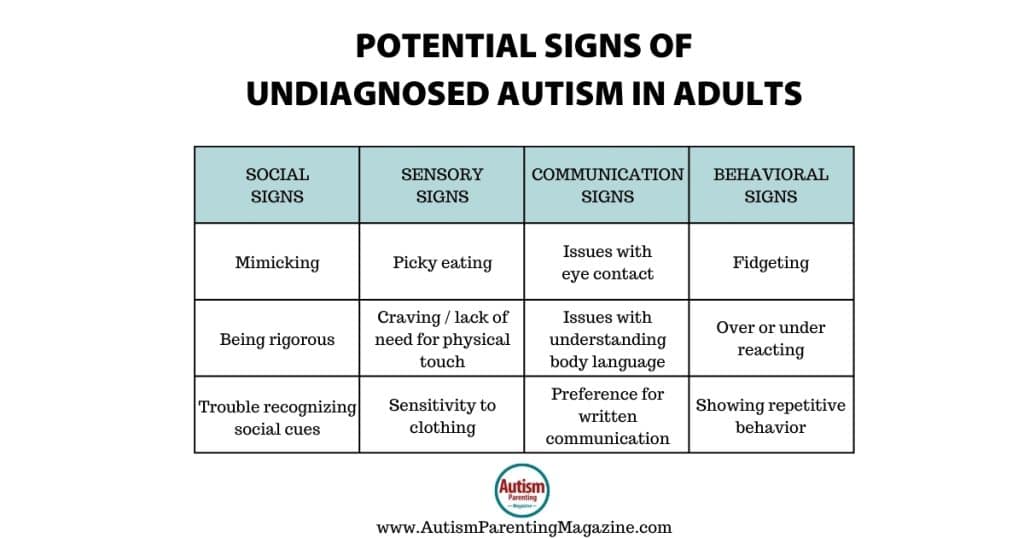Are social difficulties a sign to consider seeing an local Aba Therapist?
Are social difficulties a sign to consider seeing an local Aba Therapist?
Blog Article
Key Indicators and Signs to Identify in People With Behavior Autism
When you come across somebody with behavior autism, recognizing essential indications and signs is necessary. Furthermore, sensory level of sensitivities can lead to frustrating experiences.
Obstacles in Social Interactions
When you interact with somebody on the autism range, you may notice they battle with social hints and communication. These obstacles can make social interactions really feel overwhelming for them. You may see them preventing eye contact or standing also close or too away during discussions, which can create misconceptions. They might not detect body language or faces, making it harder for them to evaluate just how others are feeling.
In addition, you may discover that they favor regimens and acquainted setups, which can limit their desire to take part in new social circumstances. When they do engage, they could discuss their interests in wonderful detail without seeing if you're interested. This can cause discriminatory conversations that leave you feeling separated. Understanding these challenges can aid you approach interactions with empathy and perseverance, fostering a much more comfy setting for both of you.
Trouble With Verbal and Non-Verbal Communication

Acknowledging these indications is crucial, as it aids you much better support and involve with individuals on the autism range. By comprehending their communication difficulties, you can cultivate a lot more purposeful connections and offer a much more helpful setting.
Repetitive Behaviors and Regimens
Interaction difficulties commonly go along with other signs of autism, such as recurring actions and a strong preference for regimens. You might discover that individuals with autism commonly participate in particular, repetitive activities, like hand-flapping, shaking, or repeating phrases. These behaviors can provide comfort and a feeling of control in a typically overwhelming world.
Routines are equally crucial; numerous people thrive when they comply with an organized routine. You might find that changes to these regimens can lead to substantial distress. For example, if they have an everyday routine of consuming morning meal at a particular time or complying with a particular course to college, any interruption can trigger anxiety.
Identifying these patterns assists you recognize their habits and offer support. By suiting their requirement for routine and allowing repetitive actions, you can produce an extra comfy setting that eases their difficulties.
Sensory Level Of Sensitivities

Typical Sensory Triggers
Sensory sensitivities can considerably impact day-to-day life for people with autism, as particular stimulations often trigger frustrating reactions. Typical sensory triggers include loud sounds, bright lights, and solid scents. You may see that abrupt noises, like sirens or alarm systems, cause anxiety or distress. Fluorescent illumination in shops can feel severe and unpleasant. Textures can also play a significant role; harsh textiles or certain food textures may be intolerable for you. In addition, crowded locations can overwhelm your senses, making it hard to focus or relax. Understanding these triggers can aid you handle your environment much better. By understanding what influences you, you can take steps to reduce discomfort and enhance your everyday experiences.
Behavioral Reactions Explained
Comprehending your behavior reactions to sensory level of sensitivities is vital, as they typically disclose exactly how you interact with the globe. You could notice that particular audios, lights, or textures overwhelm you, bring about anxiety or pain. When confronted with these stimuli, you could withdraw, cover your ears, or perhaps respond strongly. These feedbacks aren't simply quirks; they're your method of handling overstimulation. You may additionally locate on your own looking for particular sensory experiences, like deep stress or peaceful environments, to assist ground on your own. Identifying these patterns helps you recognize your needs far better and can lead how you communicate them to others. By acknowledging your sensory sensitivities, you can function towards developing an environment that really feels extra convenient and comfy for you.
Coping Techniques Overview
Acknowledging your sensory level of sensitivities is simply the very first step; now it's time to discover coping techniques that can assist you take care of those experiences properly. Start by producing a sensory toolkit tailored to your requirements. This might consist of noise-canceling headphones, fidget playthings, or calming scents. Establishing a structured regimen can likewise give predictability, minimizing stress and anxiety around sensory overload. When you really feel overwhelmed, take breaks in a silent area to regroup. Practicing mindfulness strategies such as deep breathing can aid ground you in the moment. Additionally, communicate your needs with those around you; having encouraging loved ones can make a significant difference. Remember, locating what works finest for you might take some time, so be patient and open to attempting brand-new strategies.
Restricted Interests and Focus
While many people create a large range of interests, those with autism often demonstrate limited passions and an extreme emphasis on specific topics. You could notice that someone with autism can invest hours diving into their preferred subject, whether it's a particular kind of train, a details movie, or a clinical concept. This intense emphasis isn't simply a hobby; it can come to be a main component of their identification and social communications.
You might find that discussions revolve around these interests, and they might have a hard time to engage in broader topics. By comprehending and recognizing these restricted passions, you can promote a supportive setting where they really feel valued and recognized, permitting for even more significant connections and communications.
Emotional Guideline Difficulties
People with autism typically face difficulties in emotional policy, which can be influenced by their intense emphasis on particular interests. You might see that when an individual is deeply participated in a preferred activity, they can experience strong emotions, whether excitement or disappointment. This intensity in some cases makes it hard for them to change gears or manage their sensations when things do not go as planned.

Irregularity in Developmental Landmarks
When it comes to developing landmarks, you'll notice that individuals with autism commonly reveal a vast variety of variability. You could see a child succeed in language skills but battle with social interactions.
It's vital to recognize that each person's journey is distinct. Some might develop complicated skills early, just to deal with difficulties later on. Others could take longer to achieve basic turning points but after that grow in certain areas. Observing these patterns can assist you understand their staminas and requires much better.
Often Asked Questions
Exactly How Is Autism Detected in Kid and Adults?
To diagnose autism in kids and grownups, specialists review habits, communication abilities, and social interactions. If a private meets the requirements for autism range problem., they typically make use of standardized tests, interviews, and monitorings to determine.
Are There Various Kinds of Autism Spectrum Disorders?
Yes, there are different kinds of autism range problems, consisting of Asperger's disorder and prevalent developmental disorder-not otherwise specified. Each kind differs in severity and qualities, so recognizing these distinctions can aid you better assistance people with autism.
What Treatments Work for Individuals With Autism?
When thinking about effective treatments for individuals with autism, you'll find choices like Applied Habits Analysis, speech therapy, and work-related treatment. Each strategy can help improve communication, social abilities, and daily operating here customized to individual needs.
Can People With Autism Lead Independent Lives?
Yes, people with autism can lead independent lives. With the best assistance, skills training, and sources, you can help them establish self-sufficiency, take care of day-to-day jobs, and flourish in numerous environments, cultivating their independence.
How Can Households Assistance Liked Ones With Autism?
You can support your loved ones with autism by creating a structured environment, motivating their passions, exercising patience, promoting interaction, and advertising social abilities. Celebrate their success, despite just how tiny, and build a supportive neighborhood.
Although many people on the autism range can understand and use language, they often deal with substantial difficulties with both spoken and non-verbal interaction. Identifying these signs is essential, as it assists you far better assistance and engage with individuals on the autism range. You may observe that individuals with autism often involve in certain, repetitive activities, like hand-flapping, rocking, or repeating phrases.Sensory sensitivities can significantly impact daily life for people with autism, as particular stimuli frequently trigger frustrating responses.When it comes to developmental milestones, you'll see that individuals with autism typically show a broad range of irregularity.
Report this page